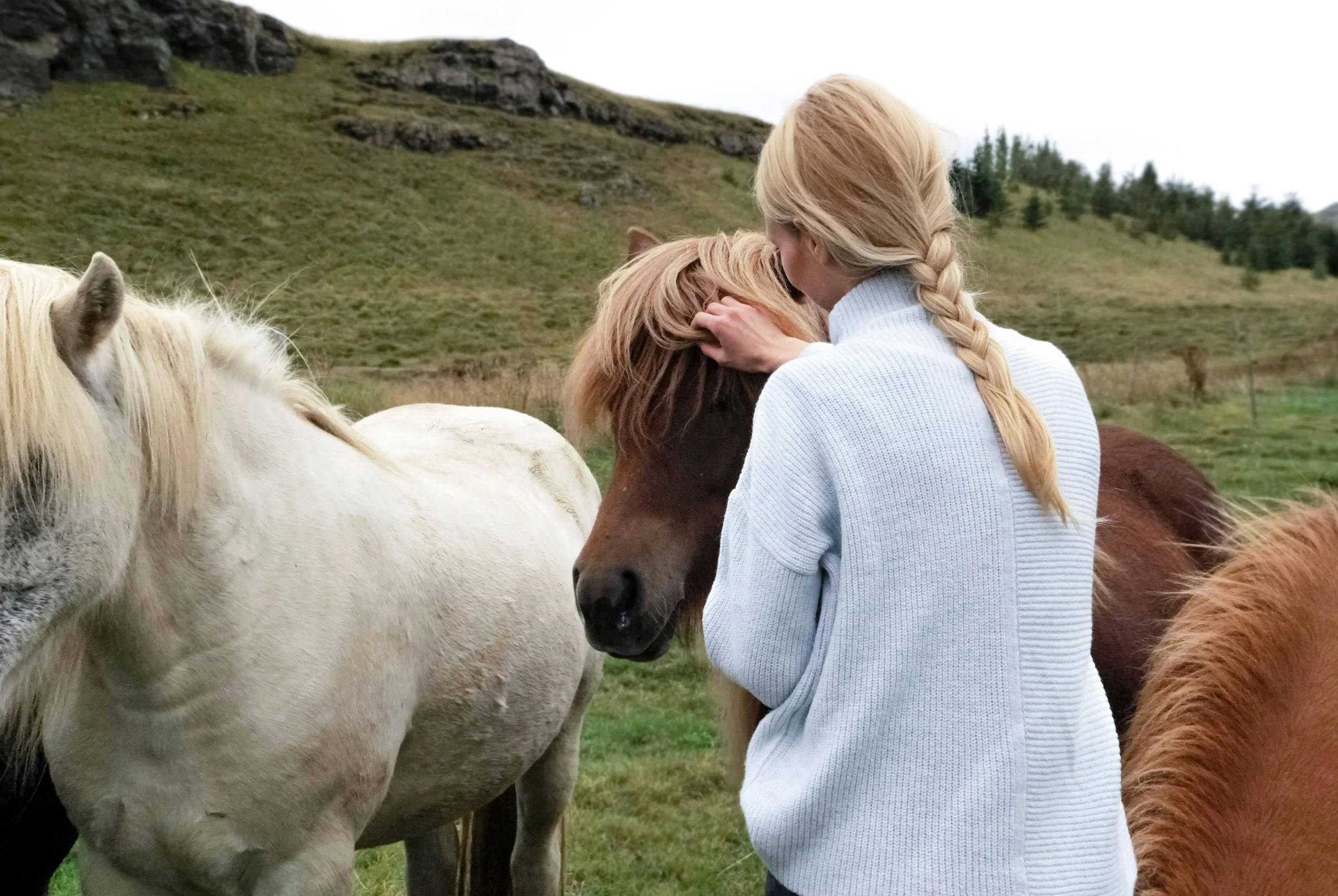Understanding Horses’ Emotions
In my experience as an animal communicator, I have found many of us are tempted to underestimate the emotional world of animals. We often assume their feelings are limited to basics like fear, excitement, grumpiness, or laziness. But this couldn’t be further from the truth. Animals are wired to be deeply sensitive, this awareness is essential for their survival.
What if we looked closer? That “lazy” horse might not actually be lazy at all. Laziness could be sadness. It could be contentment, like snoozing in the sun and just not wanting to get up. It could even be something more complex, like a sense of disconnection or despair. These micro-emotions are often overlooked because society has conditioned us to believe animals experience less than we do.
Take grief, for example. Many of us have witnessed a pet grieving the loss of a companion, whether human or animal. Just like people, their grief unfolds in waves. One day they may seem like their old selves, ready to play and engage. The next day, they might appear listless, withdrawn, or shut down.
I once worked with an older brood mare who carried deep grief from repeatedly having her colts taken away. Over time, this experience created something very similar to what humans might describe as chronic depression. Outwardly, she was obedient and calm, but there was an unmistakable sense of malaise beneath the surface. Through horse communication, I was able to share this with her owner. Healing began once she was heard.
Just as we offer patience and compassion to a human friend who’s struggling, our horses deserve the same sensitivity. When we honor their inner world, we give them the space to heal and thrive.
How Can We Tell What Our Animals Are Feeling?
This all sounds meaningful—but how can we actually know what our horses are feeling? Beyond working with an animal communicator, there are practical steps you can take every time you’re with your horse:
Be Present
Be prepared to leave distractions behind. Emotions can be small and physical indications can be fleeting. Pay attention and take it all in.Stay Curious
Try not to put their behavior into neat categories. Instead of assuming, stay open to the full spectrum of emotions they might be expressing.Accept What Comes Up
Lastly, be committed to accept whatever emotion your horse may be feeling even if it doesn’t work into your agenda that day. You may think a special treat will excite them. But it may fall flat. You may need them to be energetic for a big event– they may feel any number of other ways.
Horses do have a big range of emotions. By slowing down, listening, and allowing them to express themselves fully, we not only support their emotional wellbeing—we also deepen the bond we share with them.


